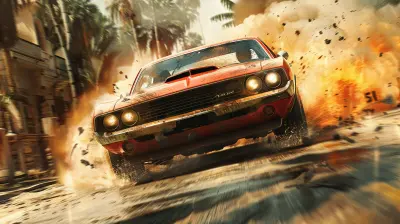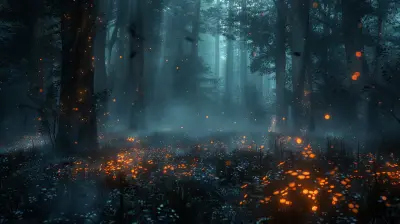The Art of Immersive Storytelling Through Game Soundtracks
25 June 2025
Picture this: You're deep in the heart of a dense forest, where the sunlight barely pierces through the thick canopy. Every step crunches on the underbrush, and a faint, melancholic violin strings you along, whispering tales of danger and mystery. Suddenly, a chilling crescendo rings out, and your pulse spikes. That’s the power of a game soundtrack. It’s not just background noise; it’s the invisible thread weaving the entire story together.
Gaming soundtracks have transcended from mere accompaniments to becoming a vital storytelling instrument. In this article, we’re going to take a lyrical deep dive into how music in games crafts immersive worlds, evokes emotions, and amplifies narrative experiences. Ready to tune in? Let’s hit play.

Why Soundtracks Are the Soul of Gaming
Let’s face it—without sound, games would feel... empty. Sure, stunning visuals can win your heart at first sight, but it’s the music that stays in your veins long after you’ve put down the controller. Think about games like The Legend of Zelda: Ocarina of Time or The Last of Us. Would their stories have hit as hard without their iconic soundtracks? Probably not.Music gives life to gaming worlds, much like oxygen fuels fire. Whether it’s the triumphant swell of an adventure theme or the haunting silence punctuated by eerie piano keys, soundtracks set the tone. They sculpt the emotional highs and lows, amplifying the stakes.
But how exactly does this magic happen?
Setting the Mood: The Soundtrack’s First Dance
Ever walked into a party, and the music immediately gave you a vibe check? The same thing happens in gaming. The opening theme of a game is essentially the first handshake—it sets the mood, introduces the tone, and gives you a glimpse of what’s to come.Take Skyrim, for example. That thunderous choir in the main theme? It doesn’t just sound epic; it promises you an adventure of dragon-slaying proportions. Now contrast that with the soft, wistful piano that starts off Journey. Two totally different moods, right? That’s no accident.
Soundtracks are like mood lighting for your ears. They pull you in, immerse you, and prepare you emotionally for the game’s story. 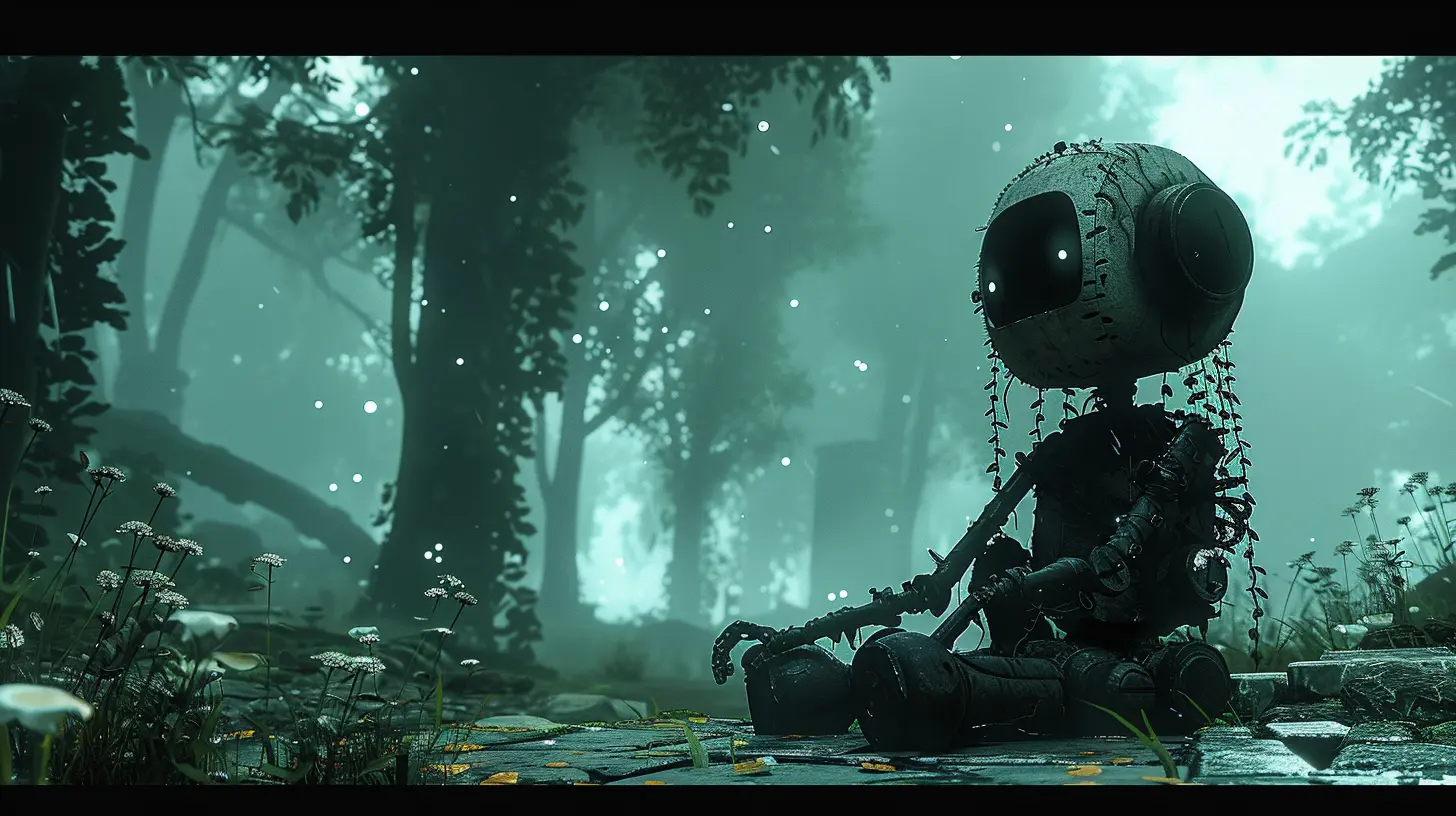
Emotional Puppeteers: How Music Makes You Feel
Let’s play a quick game. Close your eyes and hum the tune of your favorite battle theme. Did your adrenaline spike? Or maybe think of a sorrowful track from a game—did your chest tighten just a little? That’s the emotional puppeteer at work.Music in games isn’t just there to fill the silence; it’s a tool. It’s as if composers have a key to your heartstrings, and they’re not afraid to pluck them. When done right, a soundtrack does more than support the story—it becomes the story.
Take Final Fantasy VII’s “Aerith’s Theme” as an example. The serene, almost angelic melody hits you harder than a ton of bricks when you know what happens in the story (no spoilers here, though!). It’s not just a song—it’s a memory.
Or consider the eerie ambiance of Silent Hill. Those dissonant tones? They don’t just sound creepy; they make you feel trapped, lost, and vulnerable. It’s practically a survival horror mechanic in itself. 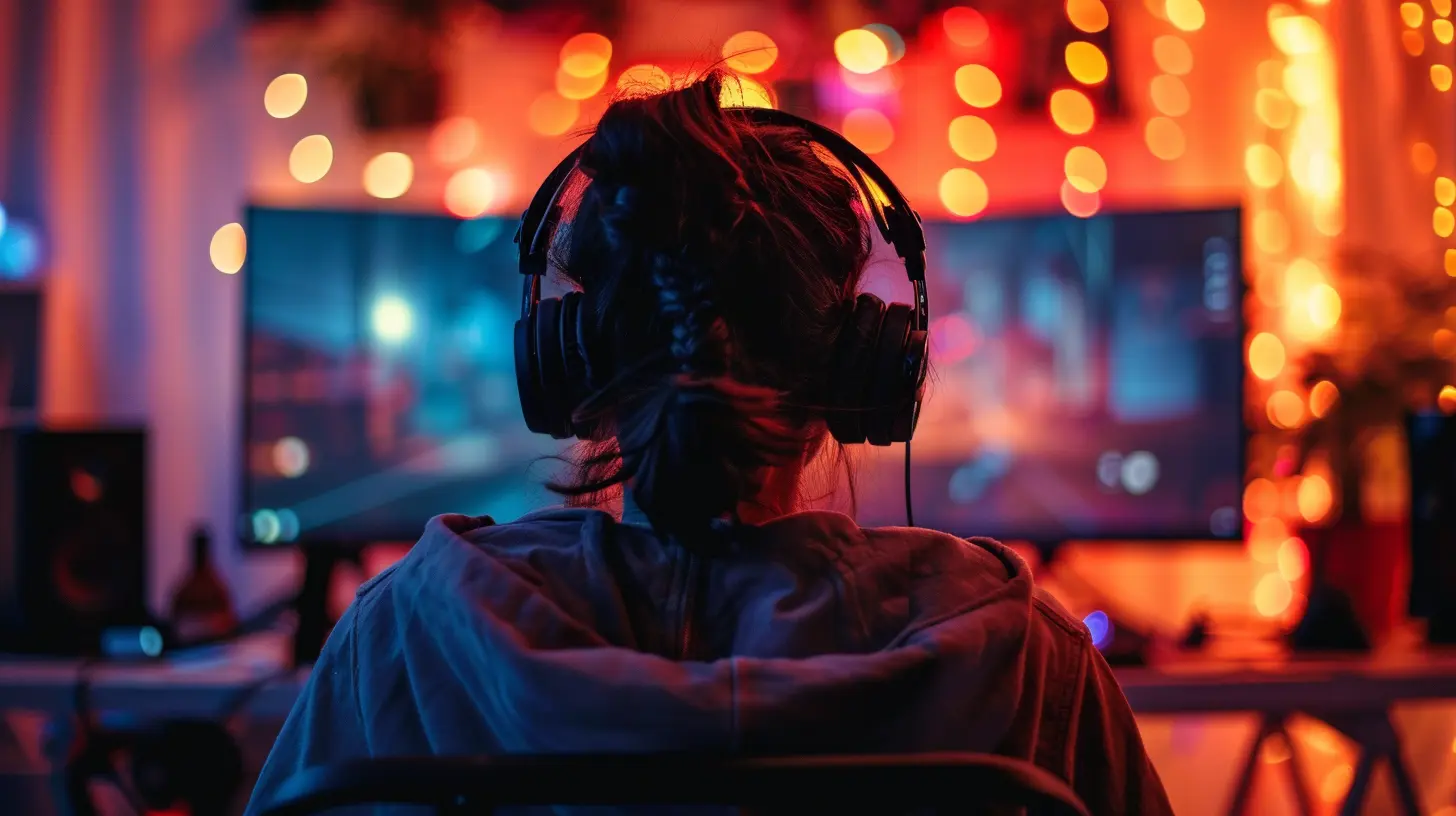
Adaptive Soundtracks: Music That Listens to You
Here’s where things get really next-level: dynamic or adaptive soundtracks. These beauties actually change based on what you’re doing in the game. Sounds wild, right? But it’s real, and it adds a whole new layer to storytelling.Imagine you're sneaking around in a stealth game like Metal Gear Solid. The music is low and tense, mirroring your cautious movements. But if you’re spotted? Boom—a burst of frantic percussion signals that it’s time to run for your life.
Games like Red Dead Redemption 2 even use adaptive soundtracks to reflect the world around you. As you ride across the open plains, the music shifts seamlessly from serene acoustic guitars to heart-pounding orchestral arrangements during gunfights. It’s like the game itself is alive and reacting to your every move. 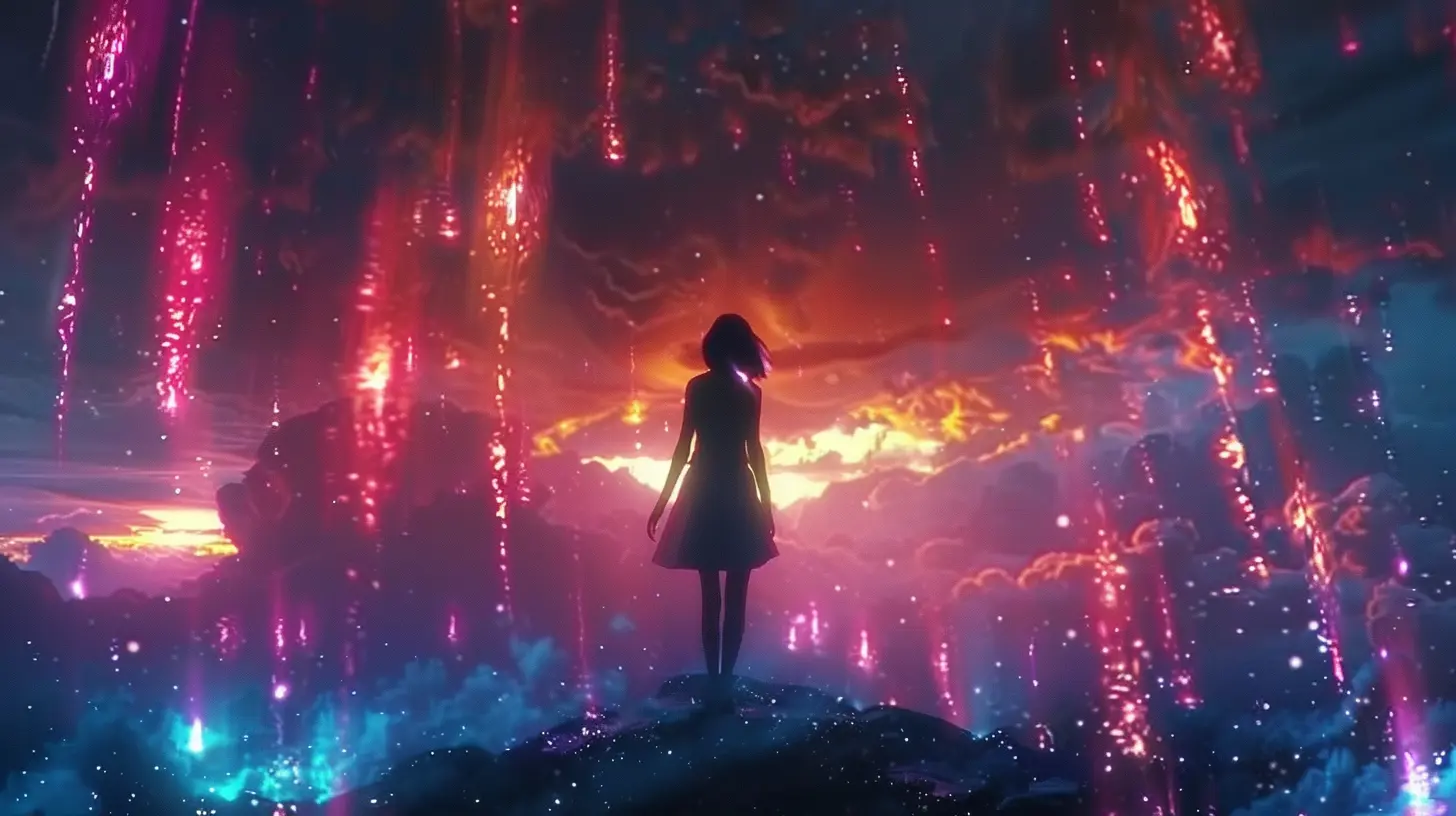
Building Worlds Through Notes and Chords
Every great game creates a world you want to get lost in, and music is a cornerstone of that. Think about it: a good soundtrack doesn’t just complement the visuals—it paints the unseen parts of the world.Take The Witcher 3. Its soundtrack is steeped in Slavic influences, from the primal drumbeats to the haunting vocals, which perfectly suit its gritty, folkloric setting. The music doesn’t just add atmosphere; it is the atmosphere.
Or consider Hollow Knight. Its orchestral score feels almost alive, shifting from soft, melancholic melodies in forgotten caverns to frantic crescendos during boss fights. It’s like the soundtrack gives you a map—not of the terrain, but of the emotional landscape.
Iconic Themes: Songs That Transcend the Game
Now, let’s talk about the tracks that stick with you forever—the ones you hum in the shower or add to your playlist even if you’re not gaming.Think of Super Mario Bros. Can anyone hear those cheerful, bouncy notes and not picture Mario hopping around? It’s nostalgic, catchy, and iconic.
And who could forget Halo’s Gregorian chant-inspired theme? The moment those haunting voices kick in, you’re transported to an interstellar battlefield. It’s not just a song; it’s a call to arms.
These tracks transcend the story and characters—they become cultural landmarks, defining not just the game but the era of gaming itself.
From Pixels to Symphonies: The Rise of Game Music
Game soundtracks have come a long way, haven’t they? Back in the ’80s and ’90s, we had simple chiptunes—catchy but limited by technology. Fast forward to today, and we’ve got full-blown orchestras, renowned composers, and entire concerts dedicated to game music (looking at you, The Legend of Zelda: Symphony of the Goddesses).This evolution isn’t just about better tech; it’s about how much we’ve come to value music in storytelling. We no longer see games as mere distractions—they’re art forms. And like any masterpiece, they deserve a killer soundtrack.
Soundtracks as Storytellers: The Final Word
At the end of the day, game soundtracks are more than just pleasant background noise. They’re the unsung heroes of immersive storytelling. They guide us, surprise us, and sometimes even reduce us to tears.Every note carries meaning, every chord tells a story, and every theme sticks with us long after the credits roll. So, the next time you boot up your favorite game, take a moment to appreciate the music. Listen closely. It’s whispering secrets—and it’s got a lot to say.
all images in this post were generated using AI tools
Category:
Original SoundtracksAuthor:

Lucy Ross
Discussion
rate this article
2 comments
Russell Pacheco
What a captivating read! Game soundtracks truly elevate storytelling, creating unforgettable experiences. Excited to explore more about this immersive art!
October 17, 2025 at 2:43 PM

Lucy Ross
Thank you! I'm glad you enjoyed it. Game soundtracks indeed play a vital role in enhancing the storytelling experience. Happy exploring!
Kendall Henderson
The integration of soundtracks in gaming transcends mere background music; it shapes emotional landscapes and narrative depth. By meticulously crafting audio experiences, developers enhance player immersion, guiding emotional responses and reinforcing storytelling elements. This symbiotic relationship between sound and story transforms games into profound, interactive experiences, elevating them beyond traditional storytelling mediums.
June 30, 2025 at 4:48 PM

Lucy Ross
Thank you for your insightful comment! I completely agree—soundtracks truly elevate the gaming experience, deepening emotional engagement and enriching narratives in ways that traditional media can't achieve.

